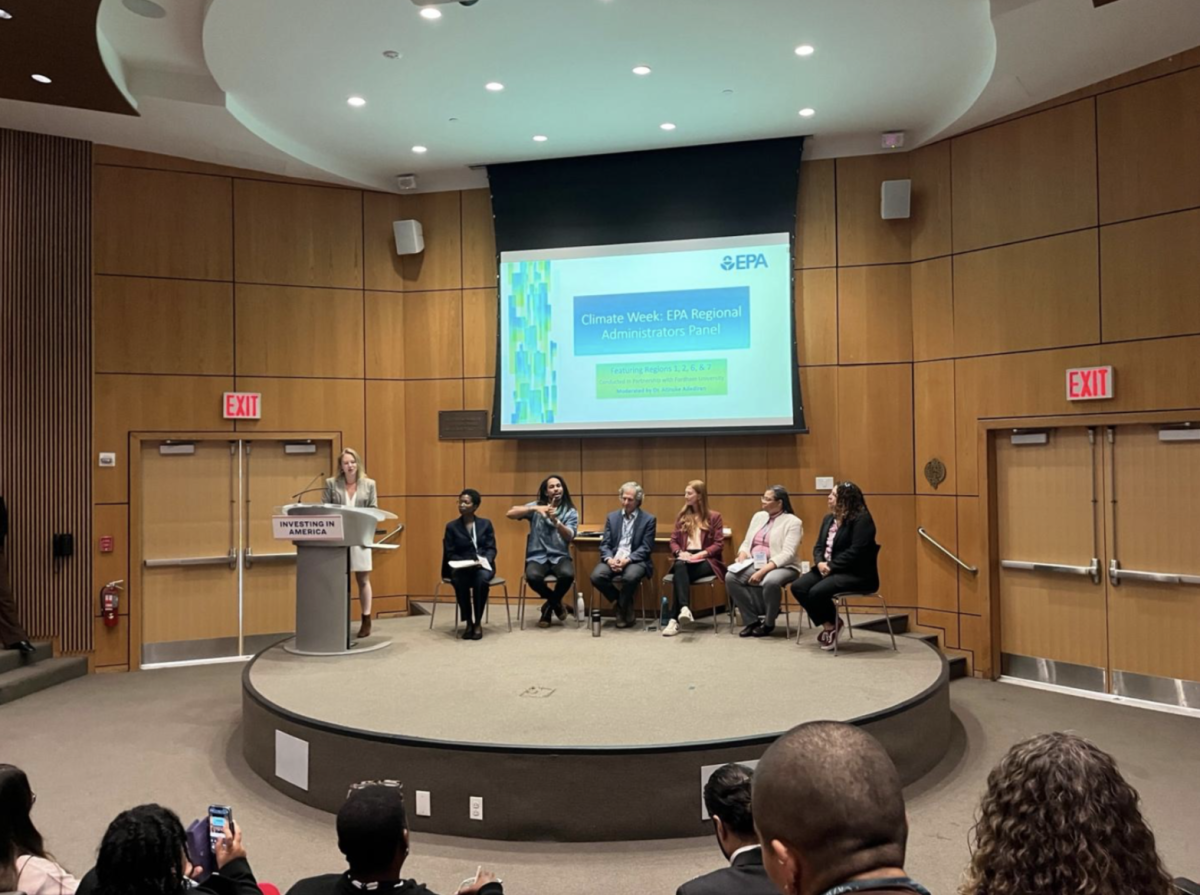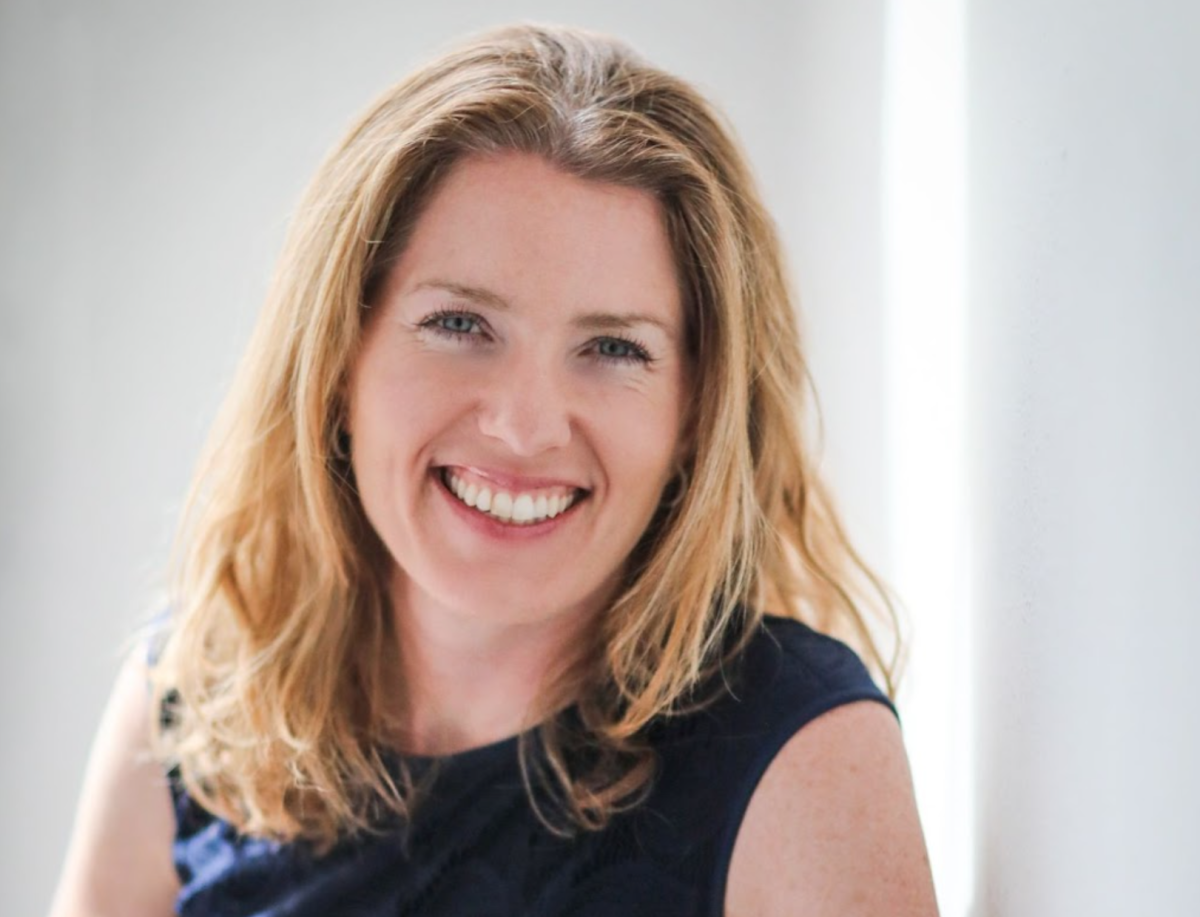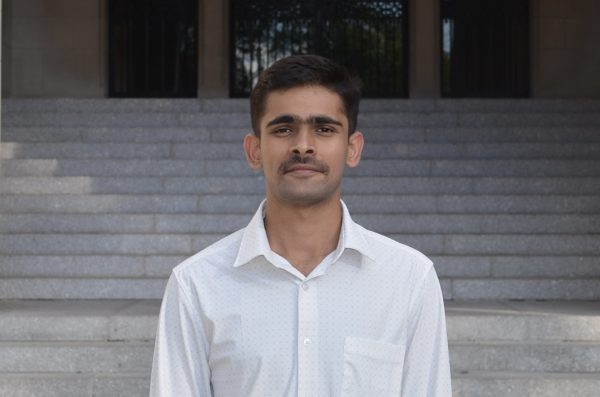Fordham University’s Gabelli School of Business hosted the Environmental Protection Agency (EPA) Youth Summit as part of New York City Climate Week on Tuesday, Sept. 24. This event took place at the McNally Amphitheatre at Fordham Lincoln Center. The primary aim of the event was to prepare young leaders to understand the risks of the climate crisis and ways to reduce their carbon footprints by offering resources and opportunities, as well as giving them a space to discuss the mental health challenges of climate change and explore potential career paths. With contributions from AmeriCorps, the EPA and other experts, the summit highlighted young people’s important role in creating a more sustainable future.
Dr. Julie Gafney, executive director of Fordham’s Center for Community Engaged Learning (CCEL) and a key event organizer, emphasized the summit’s dual objectives. “The purpose of the morning youth summit is to support young people in navigating the emotional challenges of addressing the climate crisis and to raise awareness of the unprecedented opportunities available through the American Climate Corps, a branch of AmeriCorps,” she explained.
The first session was led by Climate Cafe NYC, which focused on the impacts of climate change on the emotional mindset of the youth. Iris M. Crawford, senior communications advisor at the EPA and a key event organizer, emphasized how this segment provided attendees a safe space to express their feelings and concerns about climate change. “One of the panelists even led a grounding meditation exercise that helped set the tone for smaller breakout discussions about climate emotions and actions,” she explained.
The growing opportunities in the environmental sector was particularly highlighted in the summit, with many companies now offering green jobs to support the planet’s ecosystem. The American Climate Corps was introduced by its CEO Michael D. Smith, highlighting its mission to train a diverse new generation of leaders to tackle environmental injustice and climate change. A few AmeriCorps alums were given the opportunity to share their experiences, demonstrating the range of career possibilities available for young people interested in environmental work.
Fordham’s partnership with the EPA goes beyond hosting the event. As the EPA’s Region 2 Thriving Communities Grantmaker, Fordham distributes $40 million in environmental justice funding to community groups across New York, New Jersey, Puerto Rico and the U.S. Virgin Islands. This long standing relationship made Fordham an ideal choice for the summit. “EPA approached Fordham because of our shared goals around environmental justice,” Crawford explained. “We worked together over many weeks to create a successful event.”
The afternoon panel brought together four of the 11 regional EPA administrators from across the nation, who shared valuable insights into how climate initiatives are tailored to meet specific regional needs. Lisa F. Garcia, the regional administrator for Region 2, showcased her team’s efforts in the Caribbean and New York and explained her extensive background in environmental law and justice. Garcia has been a strong advocate for initiatives that address the inequities faced by vulnerable communities. Alongside her, Dr. David Cash from Region 1 and Earthea Nance from Region 6 discussed their diverse experiences in tackling various challenges, from disaster resilience to sustainable energy projects. Cash, recognized for his ability to break down barriers between energy, economy and environment, highlighted the role of innovative policymaking in both mitigating climate change and promoting economic growth.
The objective of the summit was aimed at inspiring the young generation between ages 18-25 to participate and play an active role in reducing the effect of climate change on our planet. The American Climate Corps introduced participants to concrete pathways which provide career training and hands-on skills to drive climate resilience and clean energy initiatives. “We hope attendees left with a better understanding of the opportunities available through the American Climate Corps and the importance of community-based action,” Crawford said.
The EPA Youth Summit was a one-day event and part of a broader effort to engage students and the community in meaningful climate action. The program emphasized the fact that youth leadership is crucial to combat the climate crisis, and the participants were encouraged to take part in our fight towards saving the planet.









































































































































































































